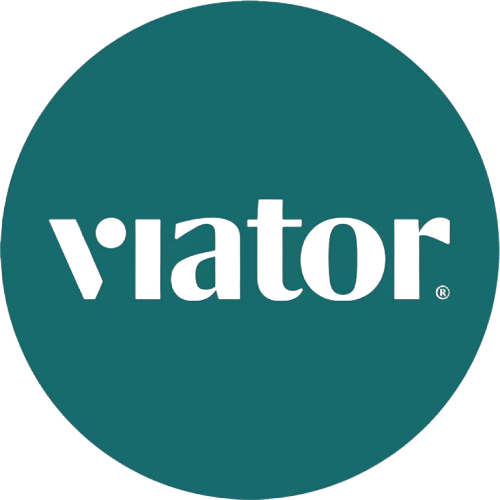Plan Your Perfect Trip

Book Accommodation
Find hotels, guesthouses & unique stays with free cancellation options
Most Popular
Tours & Activities
Discover guided tours, cultural experiences & local activities
Local Experts
Travel SIM Cards
Stay connected worldwide with affordable data plans - Get 50% off your first month!
50% Off
Secure Your Connection
Browse safely on public WiFi and access content from anywhere
Stay Secure
Find Flights
Compare flight deals with flexible booking and virtual interlining
Best Prices
Complete Packages
Book flight and hotel bundles for comprehensive travel planning
Save More💡 Full disclosure: We earn a commission when you book through these links, helping us keep this guide free and up-to-date. Your price stays the same!